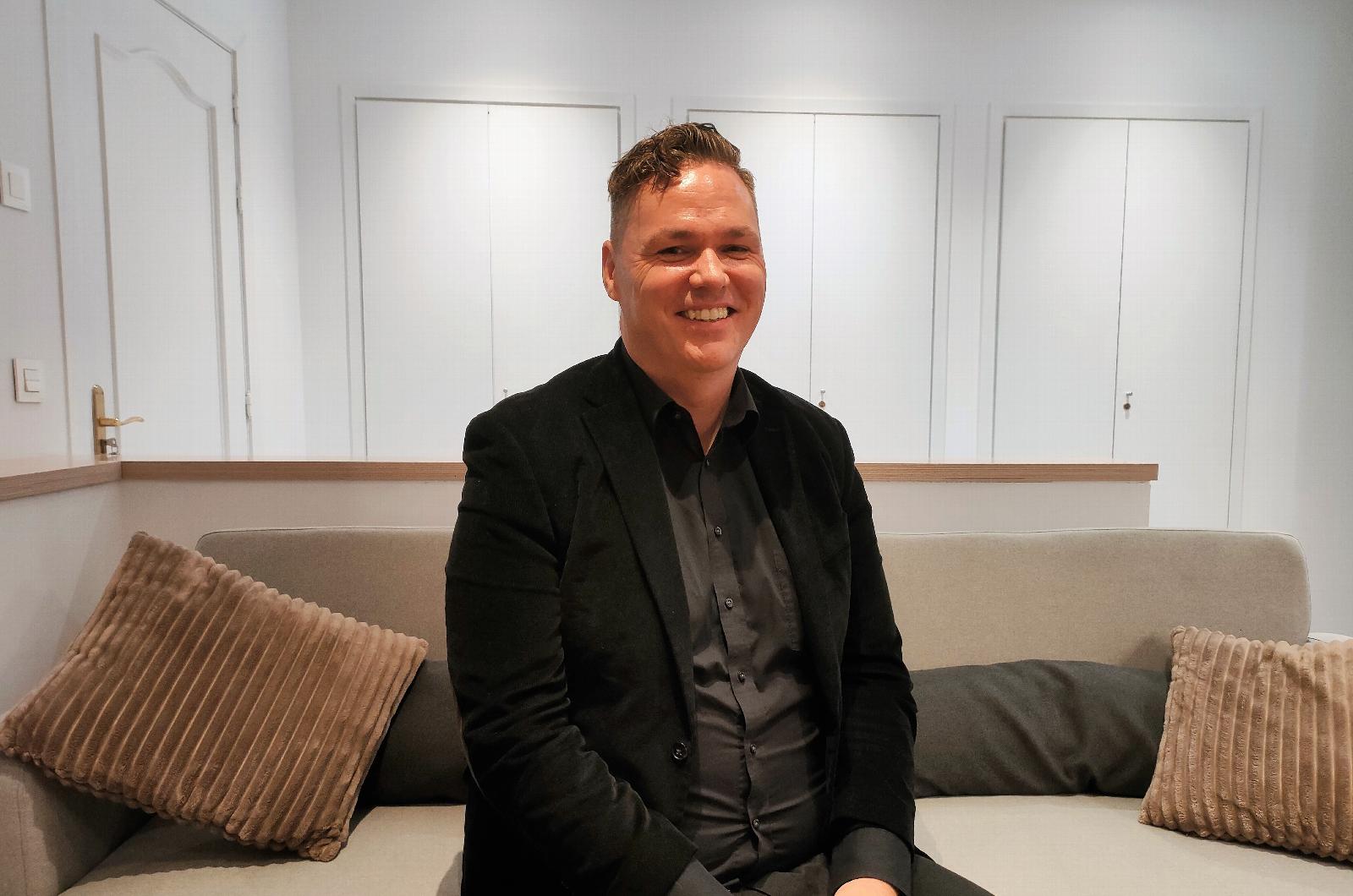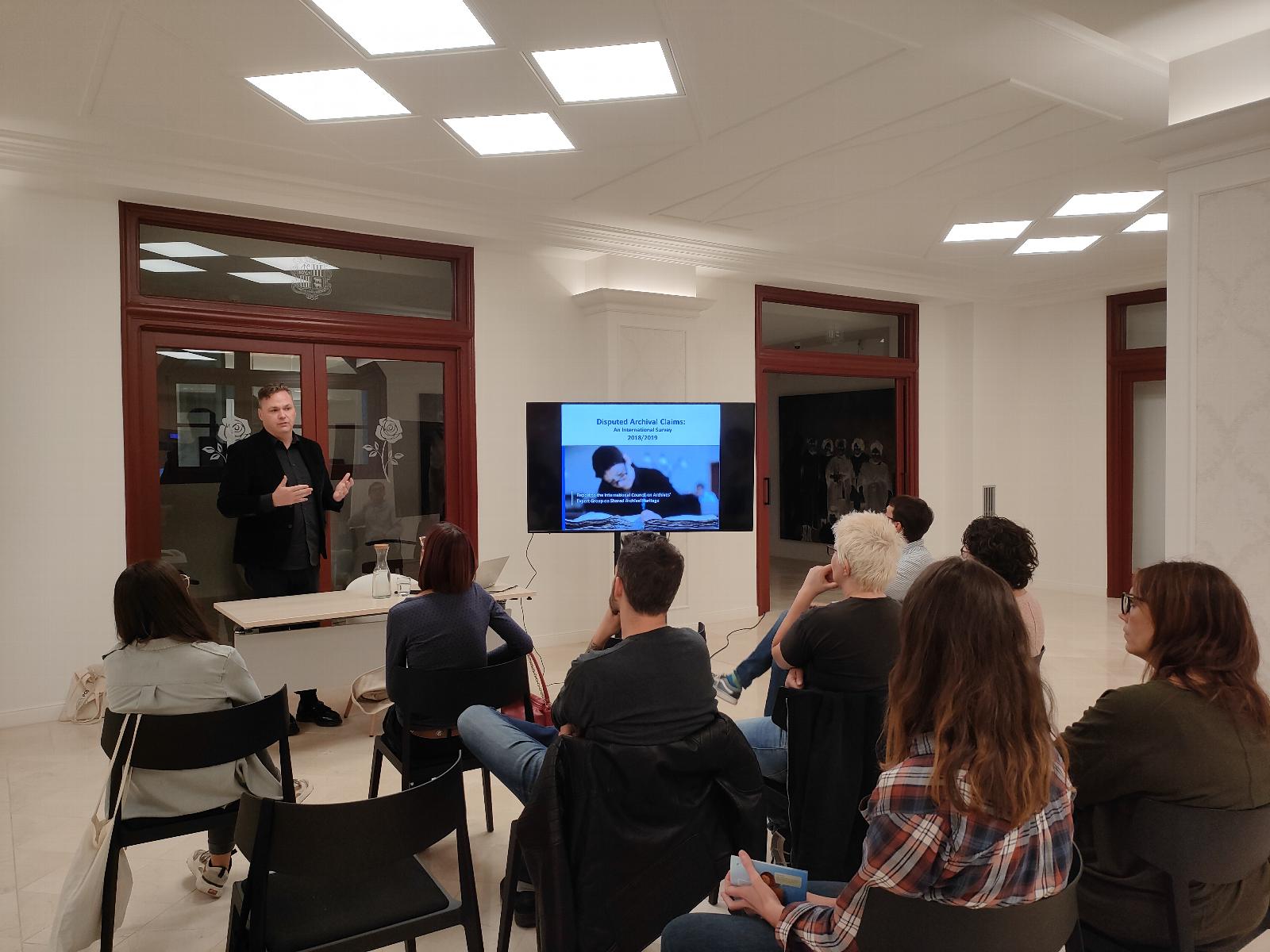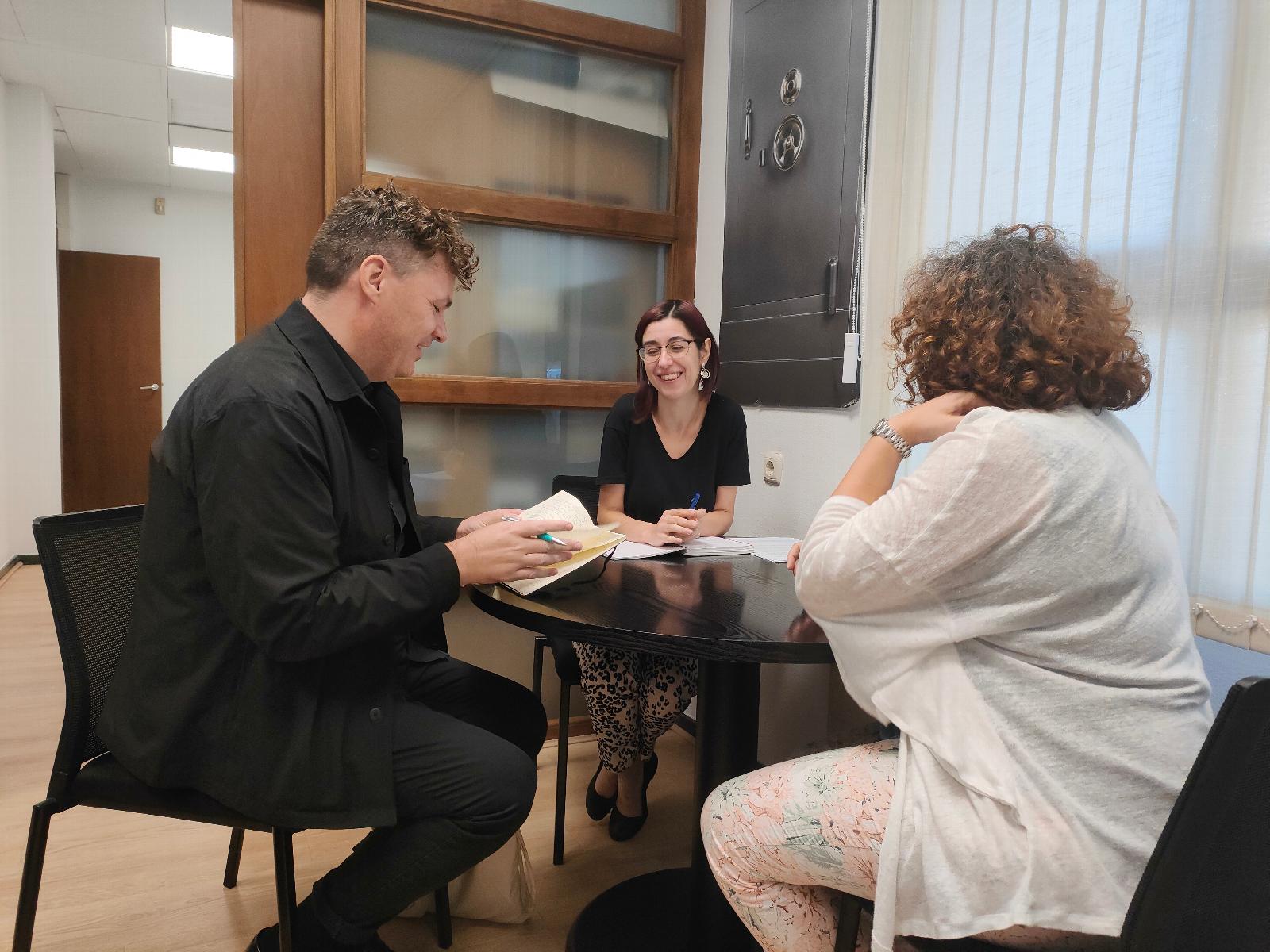Individual residencies / Andorra
JAMES LOWRY
From Monday, 18 September 2023 to Friday, 29 September 2023

Bio
Dr. James Lowry is president and director of the Graduate School of Library and Information Studies, Queens College, University of New York, and is the Ellen Libretto and Adam Conrad Information Studies Professor. He is founder and director of the Archive Technologies Lab (ATL) and honorary researcher at the Liverpool University Center for Archive Studies, where he will teach classes after two years of his career in archives and document management. Lowry has written and extensively researched the archives of displacement, is coordinator of the Archive Discourses, the international intellectual history research archive of archaeological studies, and editor of the Routledge Studies in Archives book series.
Project
To Faber, I will study the Andorran claim against France for the return of archives, specifically the archives of the Department of the Pyrenees Orientals and the French Vegueria of Andorra. These records date from the early 1880s to the early 1990s and total approximately 100 linear meters of records. The study will explore the context of the creation of the fund, the legal basis of the Andorran claim and the possible paths to negotiation and bilateral resolution. Arxius disputes usually raise complex legal, technical and ethical questions; The unique administrative history of Andorra offers an opportunity to reflect on these questions in view of the current architectural discourse on sovereignty and the lloc.
Border Crossings: Archives, Sovereignty and Shared Heritage.
With support from the Faber residency programme, I was able to visit Andorra for two weeks to study a very unusual case of displaced archives – archives removed from the place of their creation, where there are multiple stakeholders interested in the records. Two such series of records were created in Andorra and removed to France at independence; these were reported in the 2018/2019 international survey of disputed archival claims I conducted on behalf of the International Council on Archives. The unique administrative arrangements of Andorra, before and after independence, make this a particularly interesting case, and while staying at the Faber site in Andorra de Vella, I had the opportunity to learn from archivists at the Andorra National Archives about the records themselves and the local attitudes towards their custodianship, ownership, and access. During further discussions with Andorran cultural heritage experts at a lecture at the Ministry of Culture, Youth and Sport, we explored concepts and provenance and sovereignty more deeply, which has helped in my study of this case, and of displaced archives more generally.
The Faber site is located in a peaceful part of the city and gave me a quiet space to write, while having access to the rest of the city by an easy to use public transport system. The support offered by the Faber staff, and Meritxell in particular, was invaluable in organizing my residency, travel, and experience of the city and the country.


